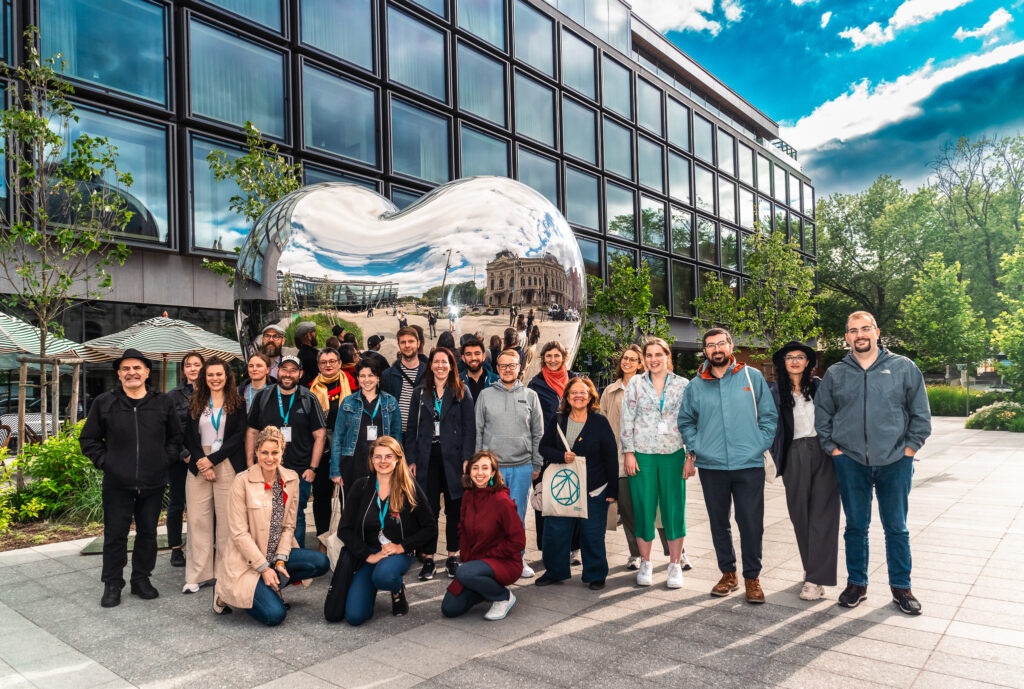
By HAWA
In the light of the European Football Championship, the European Practitioners Network against Antisemitism held a check-in meeting in the morning of Thursday, July 4th, 2024 focused on addressing antisemitism in football. The virtual event brought together network members to learn from and discuss with representatives from Maccabi Germany and Maccabi Great Britain, both Jewish sports clubs under the umbrella of Maccabi Europe.
They reported on their work within their respective national contexts, and both noted a recent increase in online antisemitism. Since October 7th, there has been no online post by Maccabi or UK football clubs, such as those wishing Happy Jewish Holidays, that hasn’t received antisemitic comments.
Challenges highlighted included the reluctance of sports clubs to address incidents, fearing damage to their reputations. It was noted that paying lip service is not sufficient to tackle discrimination. Additionally, reaching beyond already engaged groups to promote tolerance and respect remains a challenge. The representative from Maccabi Germany also mentioned the difficulty in addressing antisemitism, which is often seen as part of general racism or solely a historical issue linked to the Nazi era, leading to its neglect. There’s also an attitude in sports that discrimination is an inherent part of the game and that aggression is part of football.
Among others, the German project “Zusammen1” was introduced, highlighting its strategy of learning about antisemitic discrimination on the football field rather than in the classroom. This approach aims to make young people aware of the impact of antisemitic behavior by comparing it to other forms of discrimination, such as Islamophobia. Combating antisemitism in sports must address various target groups. On the one hand, it involves creating awareness among players, coaches, and other staff, as well as sensitizing the staff at football games in the stadium and engaging the fan community.
Participants of the check-in were also introduced to the importance of reporting antisemitic incidents and the initiatives that are enforcing this practice, although it remains a challenge to convince people of its relevance. The existence and significance of Jewish fan supporter groups, such as those in the UK, in raising awareness were also discussed and introduced as a good practice.
During the following Q&A session, participants followed up on these and other topics, talked about their own experiences and exchanged contact details. One of the key takeaways from the discussion was the need for more robust education and awareness programs within football organizations, among the players, the staff, as well as the fans to combat antisemitism effectively. Participants also discussed the importance of fostering an inclusive environment where all fans and players feel safe and respected.

By HAWA
